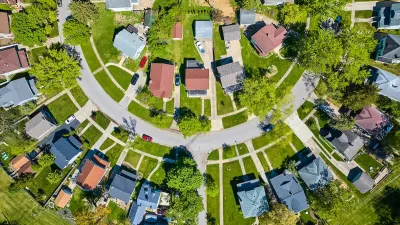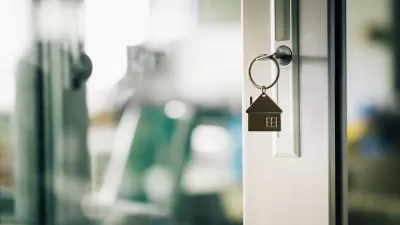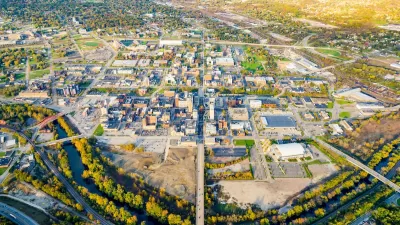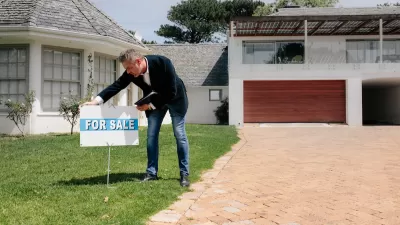If you're moving to the burbs to save on square footage, data shows you should think again.

The American suburbs, once a bastion of affordable homeownership, are losing that status as middle-class home buyers find themselves increasingly priced out of even suburban areas, according to an article by Jake Safane in Investopedia. “When comparing price-per-square foot, the suburbs are more expensive in 53% of the 100 largest metro areas in the U.S., and 65% of these suburban areas are more expensive on an overall basis, due in part to larger homes in the suburbs versus cities, according to Realtor.com listing data.”
As more Americans seek out affordable housing in suburban and exurban areas, costs are rising. “While options still exist, finding an affordable suburban home often involves making significant trade-offs, like in home size, location, or condition,” Safane adds. Low housing inventory, including both existing and new homes for sale, and high mortgage rates are also contributing to rising costs.
The article notes that “many desirable areas have seen big increases in additional housing costs that you might not consider when first looking for homes. For example, insurance costs have been rising almost everywhere in the U.S., with one-third of U.S. ZIP codes seeing a 30% increase in home insurance prices from 2021-2024.” In places with high risks for disasters like wildfires such as California, insurers are pulling out altogether. People wanting to buy homes in suburban areas are more likely to have to make tradeoffs such as lower square footage or homes that need more work.
FULL STORY: Why You Can't Find an Affordable House in the Suburbs Anymore

Planetizen Federal Action Tracker
A weekly monitor of how Trump’s orders and actions are impacting planners and planning in America.

San Francisco's School District Spent $105M To Build Affordable Housing for Teachers — And That's Just the Beginning
SFUSD joins a growing list of school districts using their land holdings to address housing affordability challenges faced by their own employees.

The Tiny, Adorable $7,000 Car Turning Japan Onto EVs
The single seat Mibot charges from a regular plug as quickly as an iPad, and is about half the price of an average EV.

Seattle's Plan for Adopting Driverless Cars
Equity, safety, accessibility and affordability are front of mind as the city prepares for robotaxis and other autonomous vehicles.

As Trump Phases Out FEMA, Is It Time to Flee the Floodplains?
With less federal funding available for disaster relief efforts, the need to relocate at-risk communities is more urgent than ever.

With Protected Lanes, 460% More People Commute by Bike
For those needing more ammo, more data proving what we already knew is here.
Urban Design for Planners 1: Software Tools
This six-course series explores essential urban design concepts using open source software and equips planners with the tools they need to participate fully in the urban design process.
Planning for Universal Design
Learn the tools for implementing Universal Design in planning regulations.
Smith Gee Studio
City of Charlotte
City of Camden Redevelopment Agency
City of Astoria
Transportation Research & Education Center (TREC) at Portland State University
US High Speed Rail Association
City of Camden Redevelopment Agency
Municipality of Princeton (NJ)





























